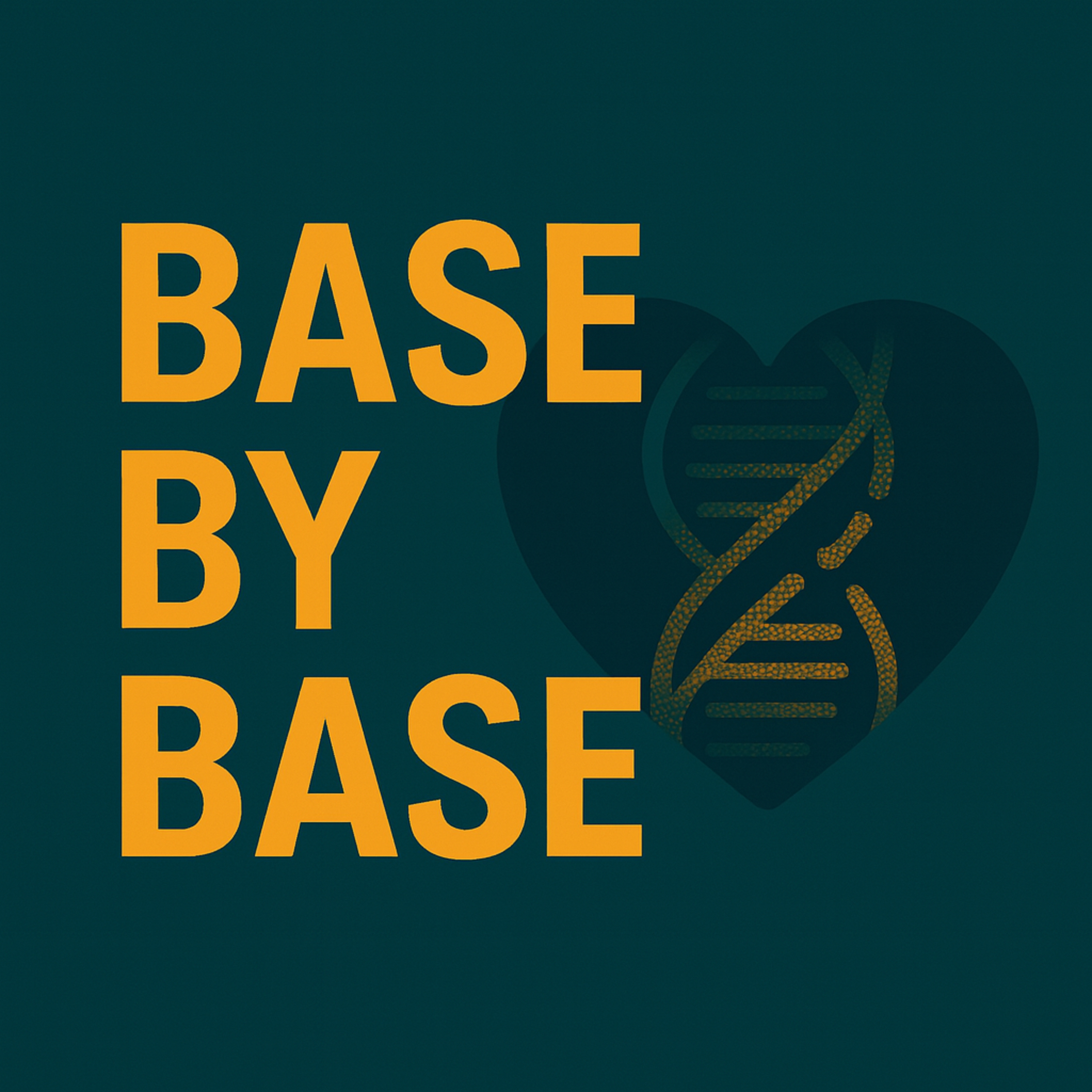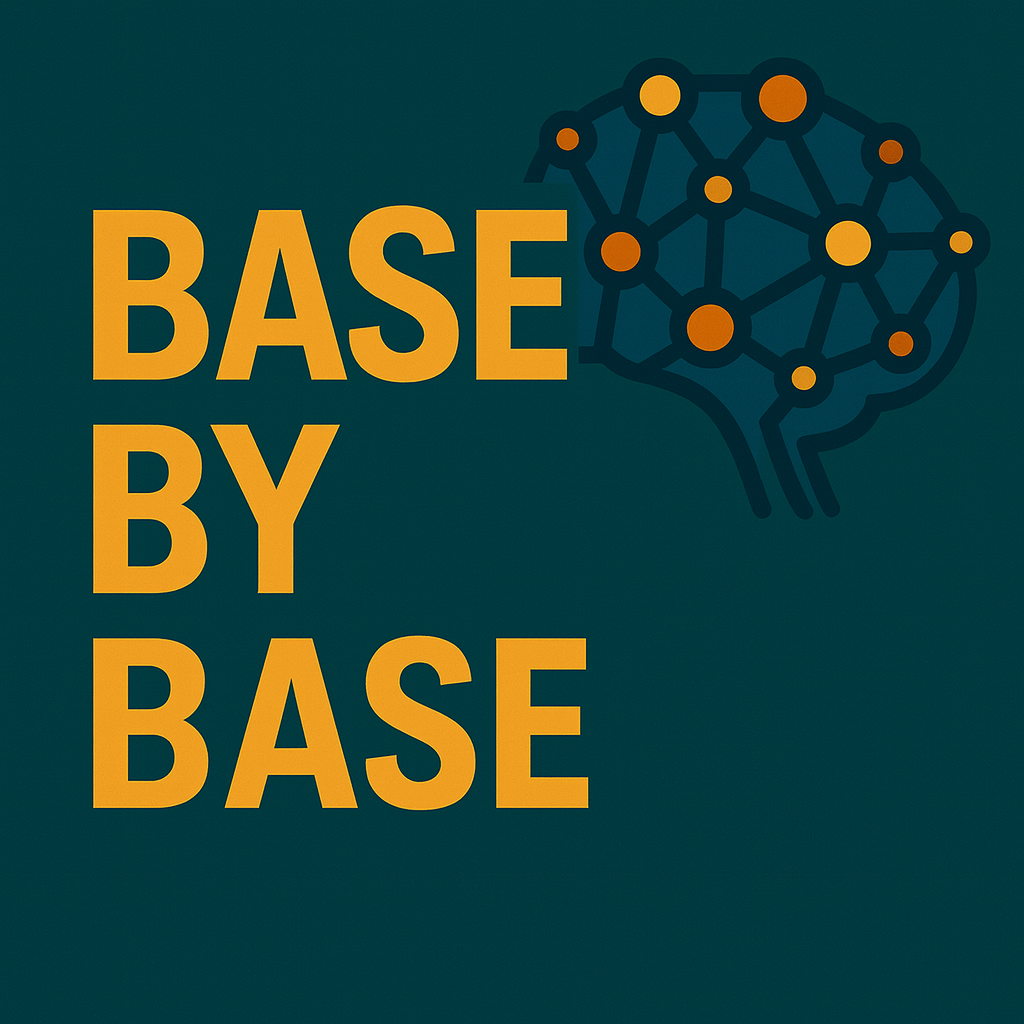Show Notes
️ Episode 80: Genomic Forecasting of Postoperative Outcomes in Congenital Cardiac Surgery
In this episode of PaperCast Base by Base, we explore the use of artificial intelligence–driven genome sequencing to predict clinical outcomes following surgery for congenital heart defects.
Study Highlights:
The authors conducted a prospective observational cohort study of 2,253 patients from the Pediatric Cardiac Genomics Consortium, integrating whole exome sequencing with pre- and post-operative clinical variables to identify damaging genotypes in chromatin-modifying and cilia-related genes.
They applied an AI-based interpretation tool to pinpoint pathogenic variants and employed Bayesian networks to model conditional dependencies between genetic, phenotypic, and surgical complexity variables.
Damaging genotypes in specific pathways were found to increase risks of mortality, cardiac arrest, and prolonged mechanical ventilation, particularly in high-risk surgical categories and certain CHD phenotypes.
Conversely, the absence of these genotypes corresponded to reduced probabilities of adverse post-operative events.
Conclusion:
These findings underscore the potential of rapid genomic screening to inform preoperative risk stratification and guide targeted interventions to improve outcomes in congenital heart disease.
Reference:
Watkins WS, Hernandez EJ, Miller TA, et al. Genome sequencing is critical for forecasting outcomes following congenital cardiac surgery. Nat Commun. 2025;16:6365. doi:10.1038/s41467-025-61625-0
License:
This episode is based on an open-access article published under the Creative Commons Attribution 4.0 International License (CC BY 4.0) – https://creativecommons.org/licenses/by/4.0/
On PaperCast Base by Base you’ll discover the latest in genomics, functional genomics, structural genomics, and proteomics.




